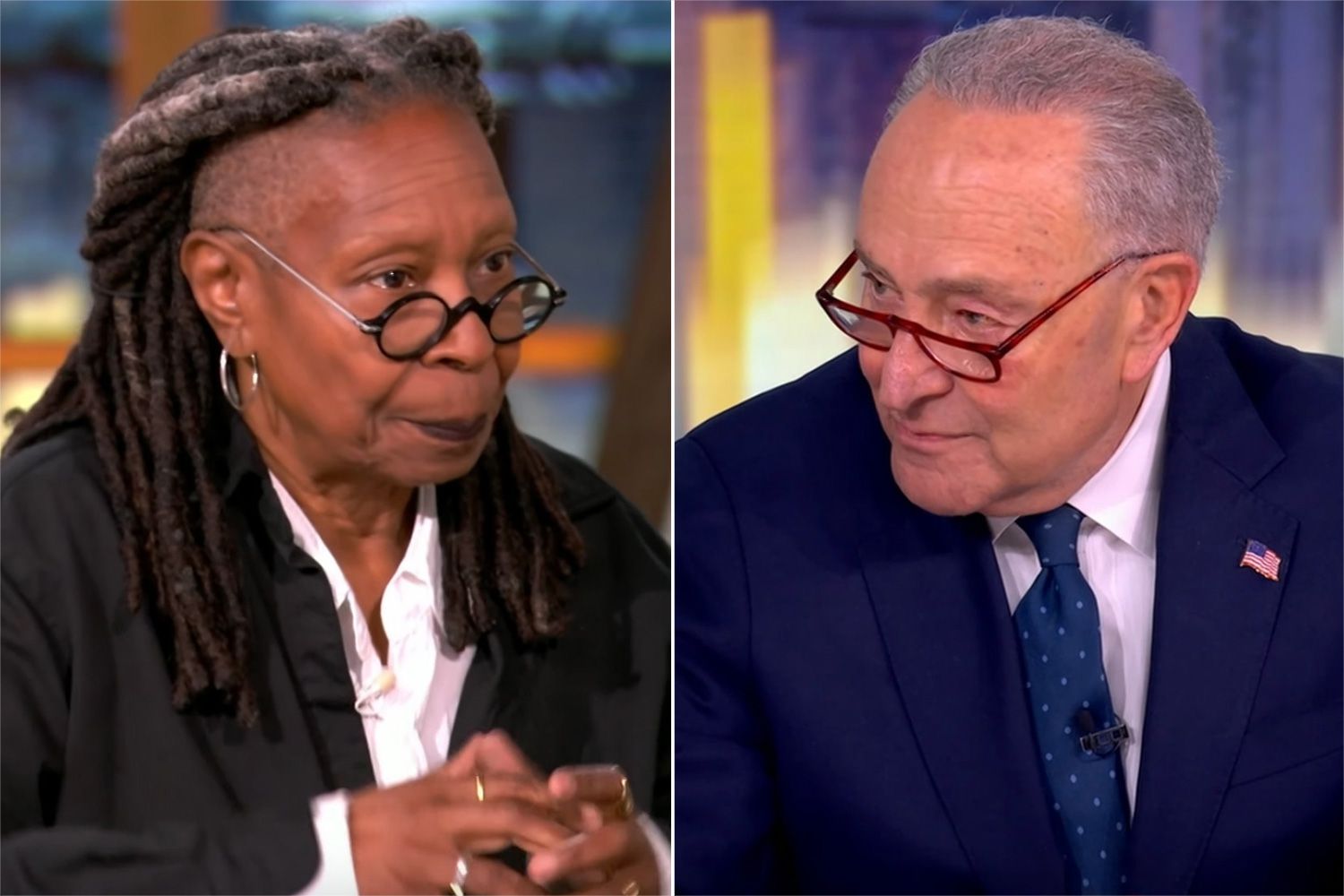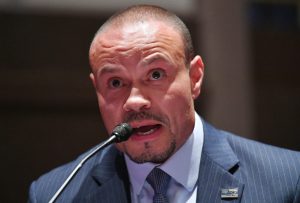A dramatic internal rift has erupted within the Democratic Party after eight Senate Democrats broke ranks on Sunday night to support a Republican-led bill reopening the federal government, ending the nation’s longest-ever shutdown but igniting a full-scale leadership crisis within the party.
The 40-day standoff — marked by paralyzed agencies, unpaid federal workers, and rising public frustration — came to a head when a group of Democratic senators crossed the aisle, giving Republicans the votes they needed to advance the stopgap measure.
The result: a reopened government, a furious base, and new questions about whether Senate Minority Leader Chuck Schumer can survive the political fallout.
A Stunning Break from Party Lines
The defections came from Dick Durbin, Jacky Rosen, John Fetterman, Catherine Cortez Masto, Jeanne Shaheen, Maggie Hassan, Tim Kaine, and Independent Angus King, who caucuses with Democrats. None of them face reelection in 2026 — a fact not lost on party activists.
Their votes effectively handed Republicans a victory in the budget impasse, but also exposed deep fractures inside the Democratic ranks.
Schumer opposed the measure, yet within hours of the vote, he found himself under siege from his own side — accused of weak leadership and failing to hold the caucus together on a defining policy battle.
https://twitter.com/EricLDaugh/status/1987917432569344485
Backlash Erupts — On Air and Online
On ABC’s The View, what began as a segment on government funding quickly turned into a fiery critique of Democratic leadership.
Co-host Sunny Hostin didn’t mince words, declaring, “Schumer’s days are over. Democrats need a leader who can fight, not fold.”
Her comments echoed frustration spreading across Capitol Hill and social media. Representative Ro Khanna (D-Calif.) posted bluntly on X:
“Senator Schumer is no longer effective and should be replaced. If you can’t lead the fight to stop healthcare premiums from skyrocketing, what will you fight for?”
Representative Seth Moulton (D-Mass.) took it further, urging fellow senators to withhold support for Schumer in the next leadership vote:
“If Chuck Schumer were an effective leader, he would have united his caucus to vote ‘No.’ Maybe now we’ll see real change.”
A Leadership Crisis in Real Time
The revolt comes as Democrats grapple with mounting pressure from their left wing, who opposed the deal for failing to extend key Affordable Care Act subsidies.
With millions of Americans still reeling from suspended food aid, canceled flights, and unpaid government salaries, the compromise struck many progressives as a surrender.
Senator Chris Murphy (D-Conn.) called the vote “a mistake.”
Senator Bernie Sanders (I-Vt.) labeled it “a very bad night.”
Even within the Democratic establishment, patience appears to be wearing thin.
Representative Mark Pocan (D-Wis.) accused Schumer of “failing to lead in New York’s mayoral race” and “negotiating a terrible deal.” His post on X drew thousands of reactions in hours:
“Get Democratic senators to negotiate a deal that does nothing real about healthcare — and then call it progress? That’s not leadership.”
Schumer Fights Back
Late Sunday, Schumer defended his decision, saying he would “keep fighting for working families” and warning against “turning frustration into fratricide.”
But his words did little to calm the uproar. The criticism poured in from both wings of the party — progressives who say he compromised too easily, and moderates who argue he’s failed to unify the caucus.
Senator Elizabeth Warren (D-Mass.) said she was “deeply disappointed,” while Tammy Baldwin (D-Wis.) dismissed Schumer’s promise of a December healthcare vote as “a wink and a nod with no guarantees.”
A Divided Party Faces Its Future
Behind closed doors, Democratic aides described “a sense of collapse.” Lawmakers privately acknowledged that Schumer’s grip on leadership may now depend on whether he can rally the caucus for upcoming votes on healthcare subsidies and budget reform.
“This is as close to a civil war as we’ve seen in the Senate Democratic ranks in decades,” said one strategist familiar with the leadership discussions.
Adding to the pressure, former President Donald Trump weighed in Monday morning, mocking Schumer on Truth Social:
“He thought he could break Republicans — instead, his party broke apart. Sad!”
Grassroots Fury and Fallout Ahead
Outside Washington, Democratic activists are equally divided. Progressive organizers accused party leadership of betraying voters who fought to preserve healthcare subsidies, while moderates argued that reopening the government was an unavoidable necessity.
DNC Chair Ken Martin issued a scathing statement, blaming the deal on “Republican obstruction” but also acknowledging internal “failures in party discipline.”
“The voters will never forget the day Republicans turned their backs on American families,” he said, before turning the spotlight back on the White House. “President Trump caused this mess — but we must be honest about how we responded.”
The intraparty turmoil now threatens to overshadow the Democratic legislative agenda heading into 2026. Several senators privately warned that Schumer’s leadership position could become untenable if he cannot deliver results in the next budget cycle.
A Party at War with Itself
By Monday evening, clips from The View were trending across social media under the hashtag #SchumerMustGo, amplifying the appearance of a public rebellion.
Political analysts say the spectacle could embolden ambitious figures eyeing Schumer’s job — or further fracture a party already struggling to define itself against a resurgent Republican majority.
For now, Democrats find themselves trapped between unity and upheaval, with no clear path forward. The government may be reopening, but inside the party, the fight is only beginning.

Emily Johnson is a critically acclaimed essayist and novelist known for her thought-provoking works centered on feminism, women’s rights, and modern relationships. Born and raised in Portland, Oregon, Emily grew up with a deep love of books, often spending her afternoons at her local library. She went on to study literature and gender studies at UCLA, where she became deeply involved in activism and began publishing essays in campus journals. Her debut essay collection, Voices Unbound, struck a chord with readers nationwide for its fearless exploration of gender dynamics, identity, and the challenges faced by women in contemporary society. Emily later transitioned into fiction, writing novels that balance compelling storytelling with social commentary. Her protagonists are often strong, multidimensional women navigating love, ambition, and the struggles of everyday life, making her a favorite among readers who crave authentic, relatable narratives. Critics praise her ability to merge personal intimacy with universal themes. Off the page, Emily is an advocate for women in publishing, leading workshops that encourage young female writers to embrace their voices. She lives in Seattle with her partner and two rescue cats, where she continues to write, teach, and inspire a new generation of storytellers.









